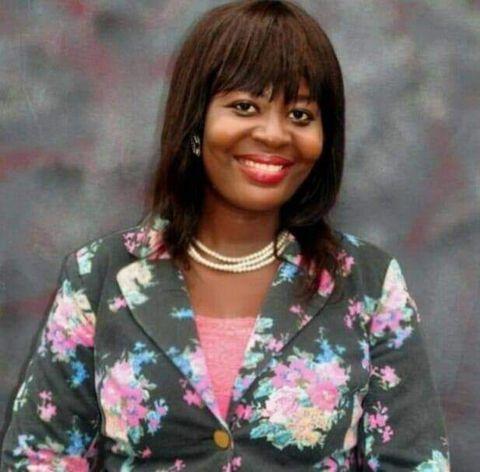Artificial Intelligence (AI) could significantly widen the gap between developed and African countries. The countries at the forefront of AI research are Japan, South Korea and the United States (together accounted for almost two-thirds of AI-related patent applications). There is also China who has recorded a remarkable increase in the number of AI patents with EU Member States contributing 12 % of the total AI-related inventions over 2010-2015. Where is Africa in the global AI scheme of things?
Africa faces a enormous skill gap in AI alongside lack of huge standardized pool of data, which is an essential prerequisite for a thriving AI ecosystem. This is worsened by the level of AI uptake by companies on the continent not to even mention a near absence of AI-related investment and a scanty patent numbers. Yet African businesses should ensure its growing value-added manufacturing and industrial base by taking advantage of AI. With AI, it is inevitable that the fierce global competition we are seeing would seep into African businesses with the likelihood to shrink our businesses’ returns as the bulk of the returns move overseas as a result of IPs, competitive talent and technology uptake.
Interestingly, AI is the most strategic technologies of the 21st century. It can boost labour productivity (by up to 40 %) due to ground-breaking technologies, supporting more efficient workforce-related time management. With the rise of Lekki Free Zone as an industrial base, businesses there should take cognizance of AI’s ability to create a new virtual workforce. Experts have described it as ‘intelligent automation’ – with the capability of solving problems and self-learning. In Africa’s pursuit of economic renaissance, we must incorporate AI in every facet of economy so we can benefit from the diffusion of innovation that is capable of affecting different sectors and creating new revenue streams for us.
Sadly, we cannot accomplish much without the human talent that drives AI’s discoveries, corporate and economic applications. We will need African governments to pass legislations that would provide scholarships, including tuition and stipends, to undergrad and graduate students who are studying AI and related fields. As advancements in artificial intelligence continue, Africa faces a significant threat in a fragmented global system worsened by China and US rivalry. We cannot seat back and watch the others promote ethical applications based on their values only.
Africa can provide a third and dispassionate perspective by not just prioritizes investments in this revolutionary technology but by reconstructing its fragile industry base by sponsoring AI talent, helping us to shape the world through our journey and influencing ethical applications of AI. Supported by legislation, we can have African students studying artificial intelligence at either the undergraduate or graduate level have some of their educational cost taken care of through agreement to work with African public agencies after graduation. African private sector players can pave the way for coordinated framework to advance our efforts in the AI through a private sector-driven AI research entity. The contrary would be redundancy which could have far-reaching consequences for African labour market and its economic stability.
New competitive framework
Diaspora Africans who are studying in AI and AI-related fields should be incentivize to take advantage of this AI scholarship as it will help Africa build and grow it competitiveness in the long term, helping us build economic security and most critically help ensure this technology is used ethically for the benefit of mankind. Beneficiaries of these scholarships must be provided access to internships and jobs at continentally and in countries with opportunities provided to enable them reshape our public service and private sector. By motivating more talent to pursue training in AI, we can help Africa develop competences in these emerging technologies.
The McKinsey Global Institute expects that around 70 % of companies would adopt at least one type of AI technology by 2030, while less than half of large companies would deploy the full range. McKinsey estimates that AI may deliver an additional economic output of around US$13 trillion by 2030, increasing global GDP by about 1.2 % annually. It said that this will mainly come from substitution of labour by automation and increased innovation in products and services, a challenge and opportunity for African policy makers to munch over.
In all, with Africa’s rapid growing population and massive youthful demographics, we need to adopt AI and other breakthrough technologies to boost economic growth for our people. Despite the world’s worries and warnings about AI-induced economic disruption through robots and automation, the fact is new technologies will help fuel global growth as productivity and consumption will rise. While AI could worsen the global pecking order, we can exploit it by making the right strategic investments today. I will suggest those investments should be focused on equipping our youths with AI skillsets. This window of opportunity is not shut down on us yet.
Written by Caesar Keluro, Co-Founder/CEO, Nanocentric Technologies Limited. He leads ‘Make In West Africa’, a regional Think-tank. He tweets https://twitter.com/KCaesar, https://www.linkedin.com/in/caesarkeluro/










